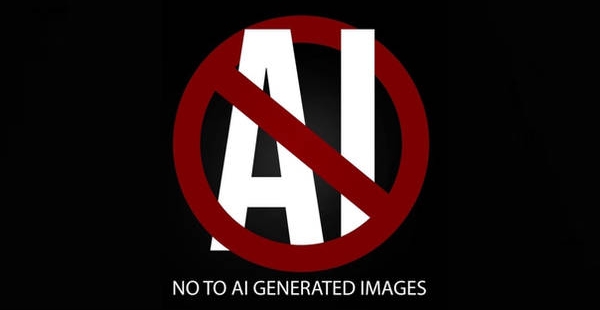Cherry 2010?
typed for your pleasure on 8 October 2005, at 3.07 pmSdtrk: ‘Ba ba ba boof!’ by Pussy Cat
Kim Jong-Hwan, I like the cut of your jib.
Sex and the single robot
Jonathan Watts, East Asia correspondent
Wednesday February 2, 2005
The GuardianScientists have made them walk and talk. There are even robots that can run. But a South Korean professor is poised to take their development several steps further, and give cybersex new meaning.
Kim Jong-Hwan, the director of the ITRC-Intelligent Robot Research Centre, has developed a series of artificial chromosomes that, he says, will allow robots to feel lusty, and could eventually lead to them reproducing. He says the software, which will be installed in a robot within the next three months, will give the machines the ability to feel, reason and desire.
Kim, a leading authority on technology and ethics of robotics, said: “Christians may not like it, but we must consider this the origin of an artificial species. Until now, most researchers in this field have focused only on the functionality of the machines, but we think in terms of the essence of the creatures.” That “essence” is a computer code, which determines a robot’s propensity to “feel” happy, sad, angry, sleepy, hungry or afraid. Kim says this software is modelled on human DNA, though equivalent to a single strand of genetic code rather than the complex double helix of a real chromosome.
Kim said: “Robots will have their own personalities and emotion and – as films like I Robot warn – that could be very dangerous for humanity. If we can provide a robot with good – soft – chromosomes, they may not be such a threat.”
Although he admits his ideas sound fantastic, Kim is no crank. In the mid-1990s, the professor launched the robot football world cup, which has since become one of the most popular means for robotics researchers to measure their progress against competitors from around the world.
It’s plainly obvious that we must give this man the necessary funding that he requires, without question or hesitation
Random similar posts, for more timewasting:
Any Synthetiks-related news, Davecat? (Oct 2007) on October 21st, 2007
Not your typical receptionist on April 23rd, 2007














October 8th, 2005 at 5.23 pm
The Future is closer than we think! This one bears watching… I’ll bet funding arises from somewhere hehehe…
PBS & Lily
October 8th, 2005 at 6.43 pm
“developed a series of artificial chromosomes that, he says, will allow robots to feel lusty, and could eventually lead to them reproducing. He says the software, which will be installed in a robot within the next three months, will give the machines the ability to feel, reason and desire.”
Um….artificial chromosome? Methinks someone is misusing the word.
I could ALMOST buy that his magic software can make a rogot act as if it desires and feels. I’m beyond skeptical that his ‘bot will be able to “reason” in any human sense of the word unless he’s developed in secret something that far surpasses the rest of the world’s AI research communities. This sorta reminds me of that gang of goofs that claimed to have a cloned human baby hidden somewhere or other.
Granted, those were flying saucer nutters, but it felt similar.
LSS:I’ll believe this when I see this.
October 8th, 2005 at 11.58 pm
The question of whether robots can reason has long been solved, Safe-T. If you’re in the MIT, top-down processing camp (ie, programming is the solution), then your view is gospel. If you’re in the bottom-up camp, ie starting with an incredibly simple learning program and letting the being explore and learn, then reason seems to be a completely natural by-product of the process of learning. It’s hard to say right now, since the oldest continually operating bottom-up processing ‘bot is six years old… but give it a few more years. I wish I could remember the name of the guy who’s doing this stuff… he got a write-up in Discover and SciAm a few years back.
October 10th, 2005 at 2.17 am
“an incredibly simple learning program and letting the being explore and learn, then reason seems to be a completely natural by-product of the process of learning.”
I’ve read a bit on these, but my data is rusty as its been a couple years. At the time this method produced huge databases that drew correlations that the researchers involved laughably called reasoning, and on the other extreme mechanical versions of the old program “life” which took simple rules and rudimentary learning to produce startlingly complicated action patterns.
Again, I’m rusty, but none of that seemed to approach “reason” the way most people think of it.
When it comes down to it, reason is not a by-product of learning if there is no mechanism to dynamically apply the information learned.
Forgive me, I’m just really skeptical, and have spent too much time too close to the machine to respect it.